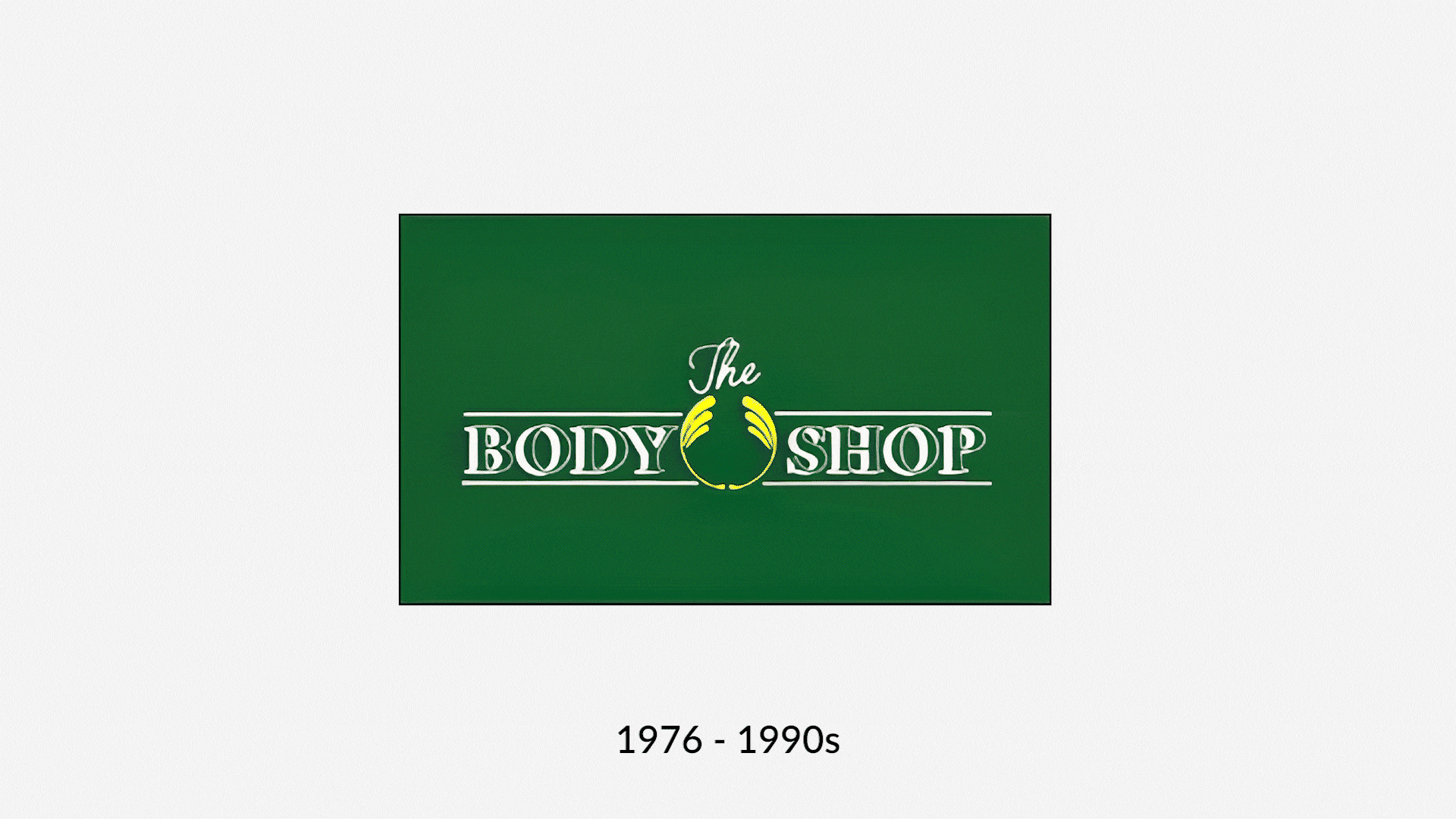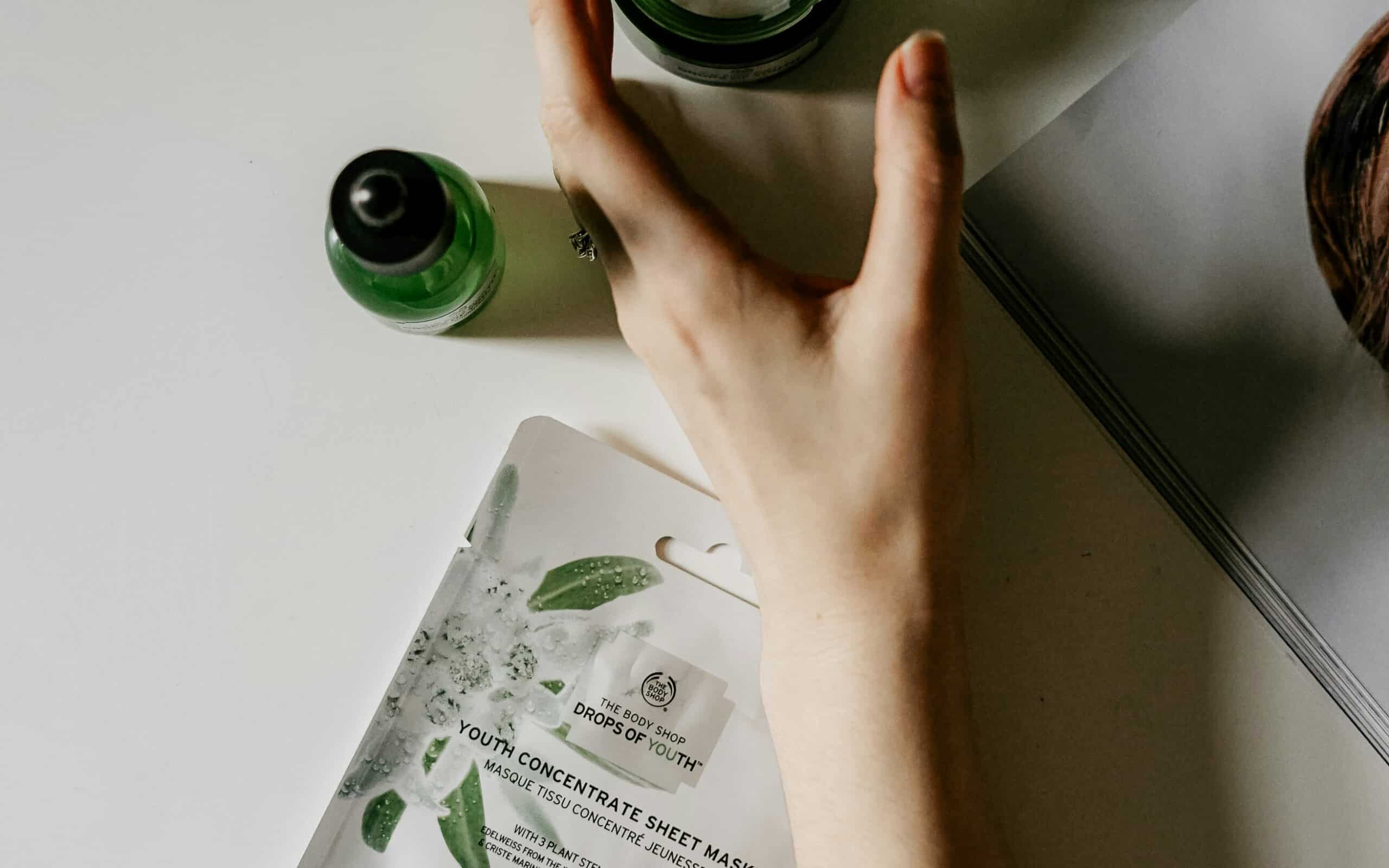In the ever-evolving landscape of business, few brands stand out as exemplars of ethical innovation and purpose-driven success like The Body Shop brand. From its humble beginnings in a small storefront in Brighton, England, to its global presence today, The Body Shop’s journey offers invaluable insights for those seeking to understand the intersection of ethics, sustainability, and profitability.
Origins & Ethical Foundation
Founded in 1976 by the late Dame Anita Roddick, The Body Shop brand was born out of a vision to revolutionise the beauty industry by offering natural, ethically sourced products. Roddick’s innovative marketing strategies, such as empowering customers with a ‘try before you buy’ approach and utilising recycled materials for packaging, further differentiated the brand and attracted a loyal following. Its campaigns against animal testing and advocacy for fair trade practices resonated with consumers, establishing it as a trailblazer in ethical consumerism.
This ethos of ethical business practice was not just a branding strategy; it was the very foundation upon which The Body Shop brand was built. From the outset, Roddick’s commitment to social and environmental causes set the brand apart, laying the groundwork for its enduring success.

Differentiation Through Values
In an industry dominated by glossy advertising and unrealistic beauty standards, The Body Shop brand stood out by championing authenticity, transparency and inclusivity. By promoting community empowerment and advocating for environmental sustainability, The Body Shop created a unique brand identity that resonated deeply with consumers seeking more than just skincare products – they were seeking a connection to a purpose-driven brand.
Frances Myers was a pivotal figure in shaping the advertising identity of the iconic brand. As part of The Body Shop team, Frances spearheaded numerous advertising initiatives, from print and digital campaigns to in-store displays and packaging design. Her innovative approach to visual storytelling helped the brand stand out in a crowded marketplace and established a strong emotional connection with consumers. She was instrumental in incorporating elements of activism and social awareness into the brand’s messaging, aligning it with the values and concerns of its target audience.
Navigating Challenges
As The Body Shop brand grew, it faced criticism for its own business practices, including accusations of greenwashing and claims that it had strayed from its original principles after being acquired by L’Oréal in 2006. Since then, The Body Shop has continued to undergo multiple changes in ownership. Different processes have caused loyal customers to comment on its betrayal of its core ethical values, with manufacturing being moved to the Philippines for better profit margins being one example.
“You can’t cheapen everything, remove the values and take more profit without the customers noticing and going elsewhere.”
Mark Constantine, Co-founder and Chief Executive of LUSH. Quote courtesy of BBC NEWS.
Subsequent owners have prioritised stability and trust over innovation, relying heavily on the brand’s societal impact messaging to maintain its audience, which is likely to have contributed to a decline in its significance. Trading over the key Christmas 2023 period and into January 2024 has not been as strong as hoped (BBC News), sparking concerns of administration.
While The Body Shop has a strong foundation built on principles of environmental sustainability and social responsibility, it must evolve its marketing strategies and product offerings to remain relevant in today’s market. There needs to be a focus on reducing costs, as well as building a digital presence to modernise the brand.
Stark Competition
In recent years, LUSH has outpaced The Body Shop by effectively adapting to changing consumer preferences and maintaining a modern, energetic image that resonates with contemporary culture. LUSH’s approach feels refreshing and in tune with current trends, positioning them ahead in the beauty world. This is further emphasised by LUSH’s strategic collaborations with popular brands like Barbie and Nintendo, which not only keep them relevant but also appeal to diverse audiences. The Body Shop brand appears outdated in comparison, as it has not demonstrated the same level of cultural relevance, impacting its ranking within the beauty industry.
The Body Shop has however remained committed to its ethical roots, forming initiatives such as refillable bottles, honing in on sustainability still being it’s key differentiator to its competition.
“Together, each of our small acts can make a big difference. The beauty industry is in urgent need of a makeover. Every year, the sector generates billions of pieces of packaging, most of which is plastic that ends up in landfill or in our oceans”.
The Body Shop Comments On The Introduction Of Refillable Bottles
LUSH now also offer refill schemes and recycling programmes in their stores to combat industry specific challenges, showing that The Body Shop are influencing competitors to withstand strong brand values on looking after our planet.
What’s Next?
The Body Shop’s journey from a small independent retailer to a global leader in ethical beauty is a testament to the power of purpose-driven branding. The Body Shop remained true to its values under the reign of Dame Anita Roddick, setting an example for brands worldwide. However, The Body Shop is in need of a brand refresh, updating their image and communications to appeal to a new audience. To compete with brands like LUSH, The Body Shop must go further by providing a more engaging and enjoyable brand experience. This requires a fresh creative direction to revive the brand and establish its relevance in the modern industry landscape.
Changes in ownership and processes has caused difficulties, negatively impacting sales. It will be interesting to see how The Body Shop navigate to re-align their brand with it’s core values to strive for success once again, showing how ethics, sustainability, and profitability can coexist harmoniously.
Here at The Mackman Group, we are committed to managing our environmental impact. Visit our Values page to learn more about our ethos.
